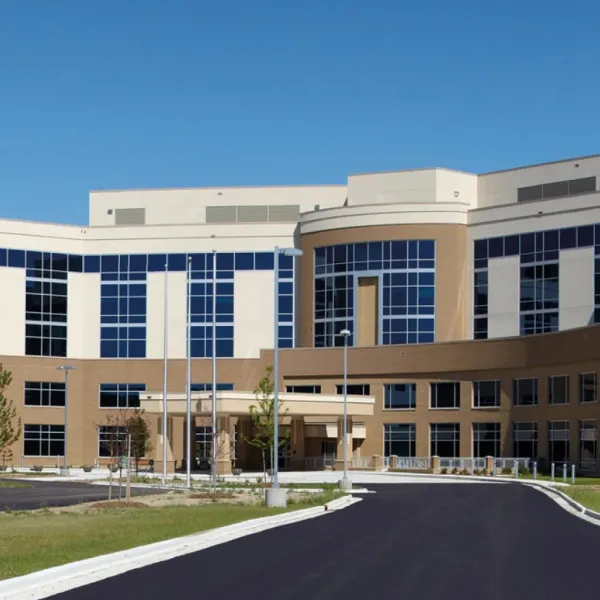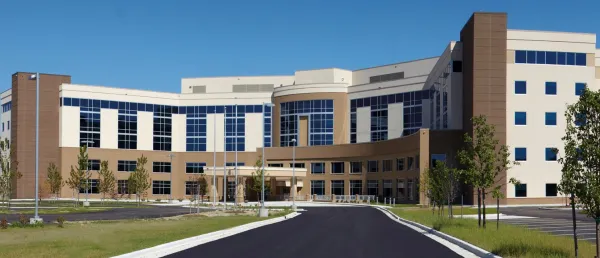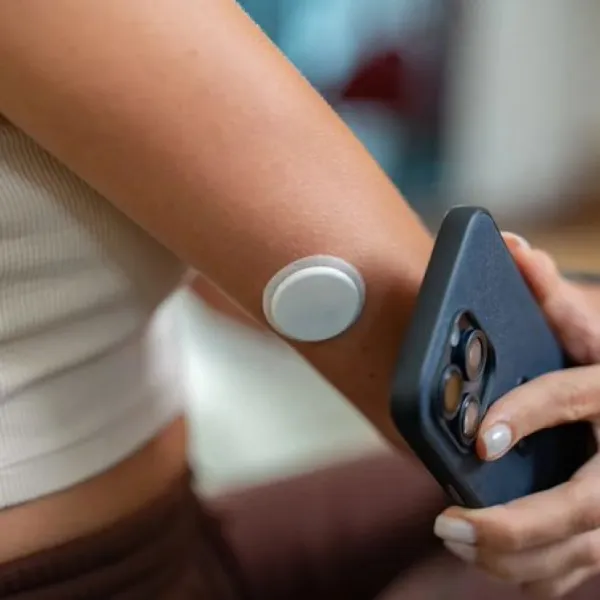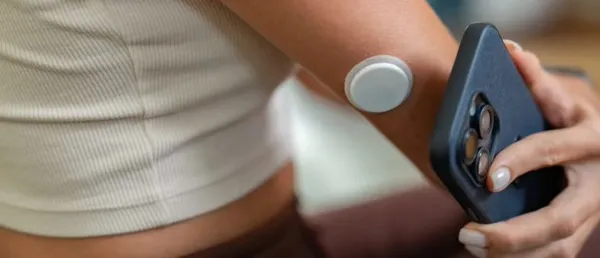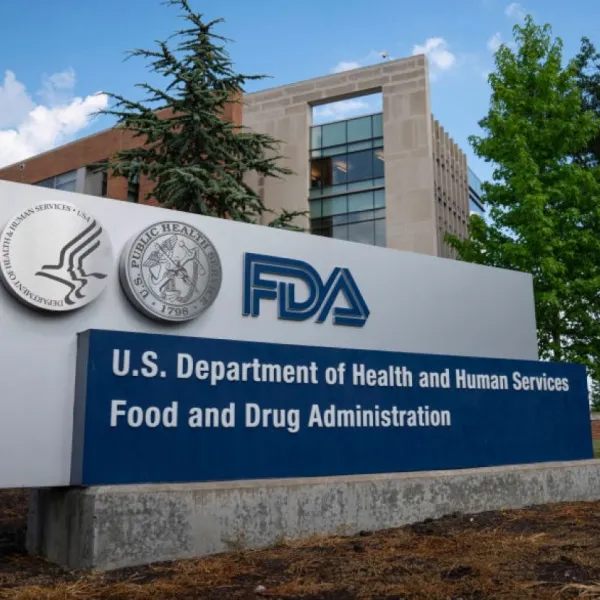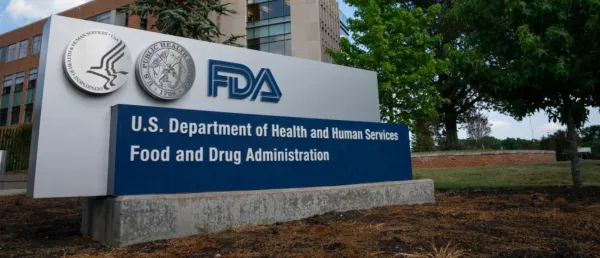Eli Lilly Inks Deal to Acquire Nexus Manufacturing Plant Amid Drug Shortages

The move comes at a critical time as shortages of Mounjaro, a widely-used diabetes therapy, and Zepbound, its obesity counterpart, continue to impact patients across the United States.
Amid mounting concerns over shortages of essential diabetes and obesity medications, pharmaceutical giant Eli Lilly has inked a deal to acquire Nexus Pharmaceuticals’ injectable production facility in Pleasant Prairie, Wisconsin.
However, the financial terms of the deal remain undisclosed.
The move comes at a critical time as shortages of Mounjaro, a widely-used diabetes therapy, and Zepbound, its obesity counterpart, continue to impact patients across the United States.
Sharing thoughts, Usman Ahmed, CEO, Nexus, said, "Bringing together our teams and infrastructure with Lilly’s global platform will positively impact patients worldwide."
What Does the Acquisition Deal Entail?
The acquisition deal is expected to bolster Lilly's manufacturing capabilities, with production at the Pleasant Prairie facility slated to commence by the end of 2025.
Upon completion of the acquisition, the facility will exclusively cater to Lilly's manufacturing requirements.
Notably, Nexus Pharmaceuticals' Pleasant Prairie facility does not offer contract manufacturing services.
According to Edgardo Hernandez, executive VP and president of manufacturing, Eli Lilly, the company is eager to integrate the talented workforce from Nexus Pharmaceuticals.
"We look forward to welcoming talented new Nexus colleagues to Lilly from the Pleasant Prairie facility," Hernandez added.
The ongoing shortages of Mounjaro and Zepbound have prompted healthcare professionals and patients to seek solutions to ensure uninterrupted access to these vital medications.
The FDA's recent extension of projections for resolving the shortages reflects the severity of the situation, with most dosage strengths of Mounjaro now expected to remain scarce until the second quarter of 2024.
Lilly’s Latest Investments
In addition to the Nexus acquisition, Lilly has been proactively investing in expanding its manufacturing network to address the increasing demand for its drugs.
The construction of a manufacturing plant in North Carolina, scheduled to become operational later this year, is part of Lilly's efforts to bolster its production capabilities.
Furthermore, plans for a significant manufacturing facility in Alzey, Germany, underscore Lilly's commitment to meeting the growing global demand for its medications.
Apart from addressing manufacturing challenges, Eli Lilly is also confronting safety issues arising from unauthorized copycats of its medications.
Recently, in an updated open letter, the company reiterated its commitment to ensuring the authenticity and safety of its products.
"We are deeply concerned about counterfeit products falsely claiming to be our FDA-approved medicines," stated a spokesperson from Lilly.
The company emphasized its stance on the unauthorized use of its active ingredient, tirzepatide, in any form.
"Lilly does not sell any product referred to as simply tirzepatide, nor do we provide the ingredient to any compounding pharmacies," the spokesperson clarified.
Stay tuned for more such updates on Digital Health News







